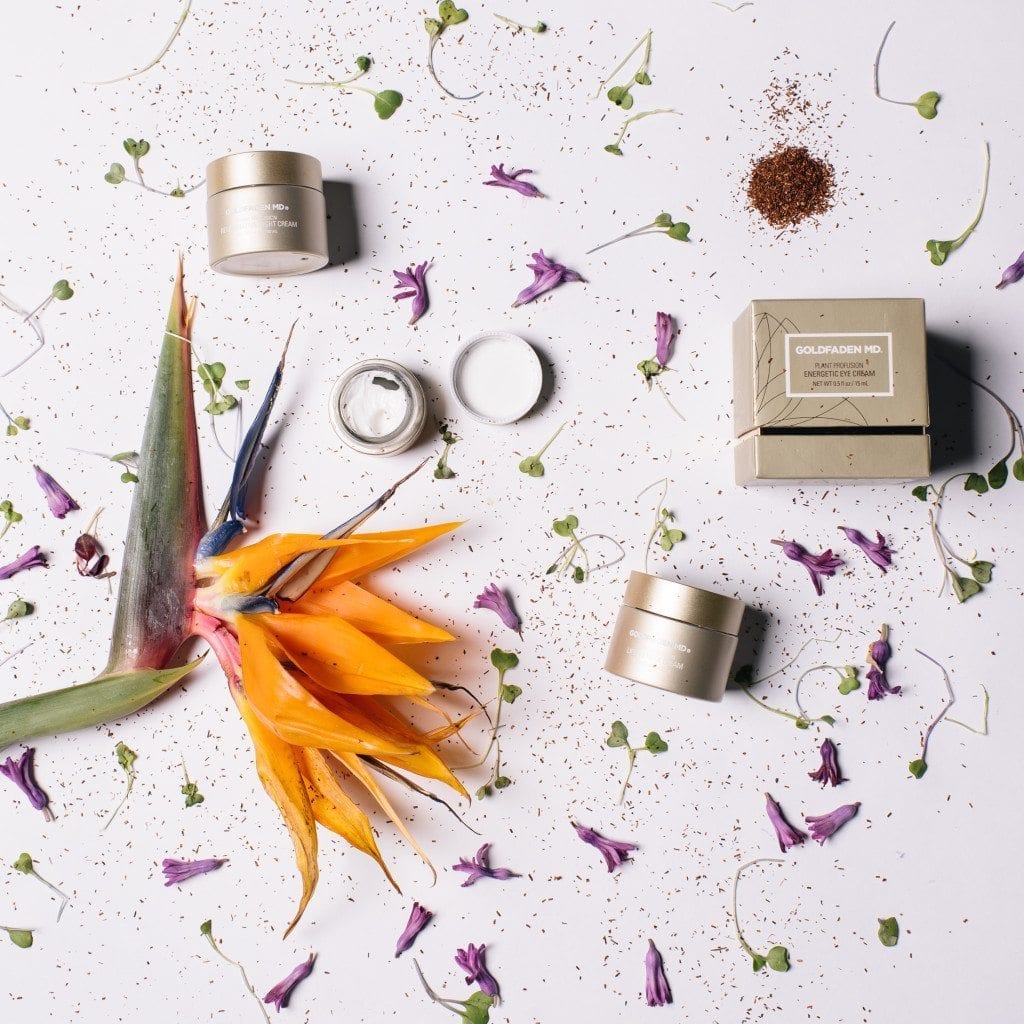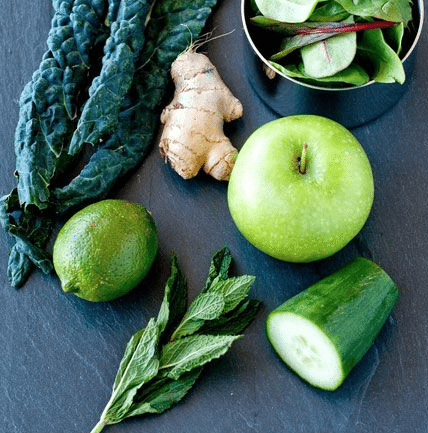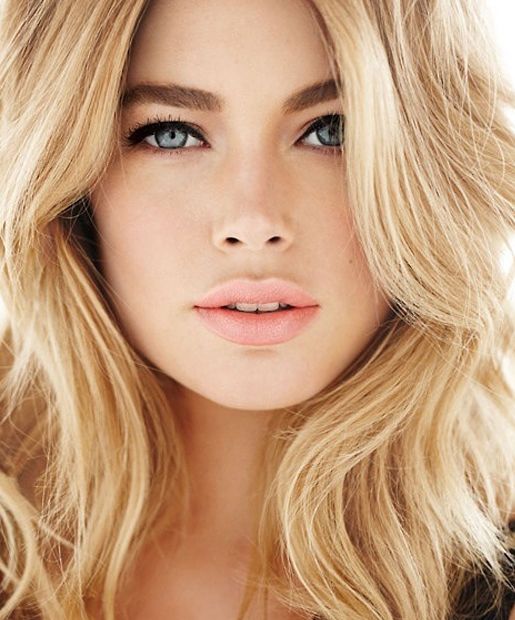What constitutes a “natural” beauty product? There’s still no universally accepted standard, even though the market is growing at a rapid rate. The skin is the body’s largest organ and research proves it capable of absorbing up to 60% of the ingredients in the products we apply – thats a large number and we’ve become more aware of what ingredients are found in our products for this reason. There is a large majority of bath and body products available today which contain commonly-used synthetic ingredients such as Parabens, detergents, preservatives and SLS; these synthetic ingredients have been recognised to cause irritation in some people and may have damaging effects longer-term. Here’s our list of what constitutes our “natural”.

The biggest advantage of using natural/organic over synthetic ingredients in bath and body products is that they enhance the skin’s natural function; working in synergy with the skin by utilising active ingredients that help optimise skin regeneration. Think of naturally-based ingredients in topical products very similarly to foods – we all strive to eat “organic” and fast-food free. It’s the same in topical products.
Avoid Chemically-Based Ingredients: by voiding these harmful ingredients (Mercury, alcohol and ammonium laureth sulfate) found in regular skincare products you will help decrease your chances of redness, irritation and breakouts, along with sever allergic reactions. In addition, you are putting fewer toxic chemicals ito the environment and water, con tributing to a safer and cleaner environment. Artificilal fragrances in many products often tend to cause headaches and sensitivity, while parabens can alter the function of the endocrine system in your body.
Ingredients to avoid –
Parabens: Preservatives commonly used in makeup products. Talc: A cheap bulking agent that is dry, chalky and related to asbestos. It’s used in many mainstream mineral brands as a filler to lower manufacturing costs.
Artificial fragrances: Can cause skin allergies and skin reaction to light (photo allergy). Commonly used in pressed powders and causes irritation and clogged pores.
Lead: A known neurotoxin. Exposure to lead may result in brain damage, cancer, miscarriage and infertility. Often found in lipsticks — don’t poison your pucker!
Phthalates: Manmade substances that mimic the female sex hormone oestrogen. Past studies have linked them to birth defects, kidney problems and infertility. Trace elements are being absorbed through the skin and, because the body doesn’t know what to do with them, they accumulate over time. Commonly found in plastic but also present in perfumes and lip glosses.
Dimethicone: A manmade toxic synthetic pigment and silicone-based polymer. Dimethicone sits on the surface of the skin and doesn’t allow it to breathe, causing irritation. Using Silicone-based skincare products also inhibit the actives from penetrating into the skin which reduces the treatment amount in the actives.
Manganese: A byproduct of lead and copper refining and almost chemically identical to toxic arsenic, manganese is used as a filler because it gives a pearlescent shimmer. Can cause itching and clogged pores.
Chemical dyes: Link directly to skin allergies. Studies have found a breast cancer link to red 04 dye.
Mineral oil: Petroleum-derived oil that suffocates the skin and clogs pores.


